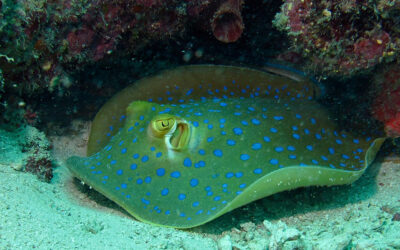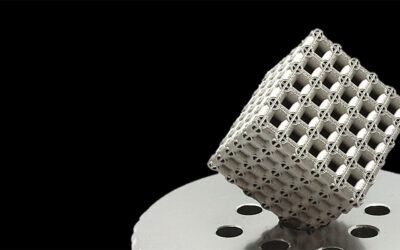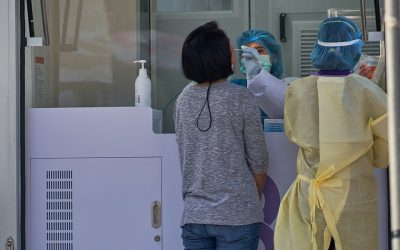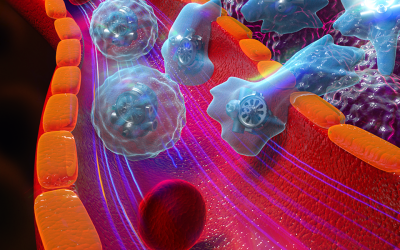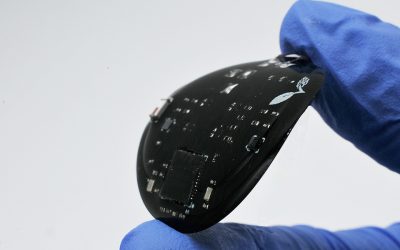The advisory board of Macromolecular Chemistry and Physics provides you with a selection of the best papers
published in the journal in 2015.
Find here Prof. Bernhard Rieger’ and Dr. Malte Winnacker’s choice for the three best journal papers:
by Nyashadzashe Ngaza, Margaretha Brand, and Harald Pasch
Self-Assembly of Amphiphilic Block Copolypeptoids with C2-C5 Side Chains in Aqueous Solution
by Corinna Fetsch, Silvana Flecks, Dan Gieseler, Claudia Marschelke, Juliane Ulbricht, Karl-Heinz van Pée, and Robert Luxenhofer
Well-Defined Glycopolymers via RAFT Polymerization: Stabilization of Gold Nanoparticles
By Marta Álvarez-Paino, Vanesa Bordegé, Rocío Cuervo-Rodríguez, Alexandra Muñoz-Bonilla, and Marta Fernández-Garcia

Malte Winnacker
Bernhard and Malte write “Harald Pasch and his coworkers demonstrate in their study how multi detector thermal field-flow fractionation (FFF) acts as a nice tool for determining masses and coiling behavior of amphiphilic copolymers as well as homopolymers in different solvents. FFF is a rather young method for analyzing polymers as well as nano-hybrid materials in dispersion without some disadvantages of GPC methods. The paper demonstrates clearly by FFF how the dilution and coiling behaviors of polyethylene oxide, polystyrene and their block-copolymers change.
We recommend the article by Robert Luxenhofer and his colleagues due to the high importance of amphiphilic block copolymers in medical applications in general and the elegance of the described approach in detail. Interesting copolymers are synthesized, which show interesting relations between hydrophilicity and lipophilicity of the blocks and the tendency to form micelles/aggregates. The block copolypeptoids are shown to be well tolerated by mammalian cells up to high concentrations and thus to be interesting for medical applications.
Marta Fernández-García et al. present in their contribution an elegant RAFT polymerization of structurally interesting unprotected glycomonomers in green solvents, as well as the ability of the glycopolymers containing chain-transfer agent as end groups to stabilize gold nanoparticles and their use as model system for molecular recognition studies. These concepts are interesting for applications in nanomedicine.”
Bernhard Rieger is Professor at the Technische Universität München since 2006. He was awarded the Wöhler Prize for Sustainable Chemistry. His research topics are the development of new polymerization catalysts to tailor the microstructure and macroscopic materials properties, the utilization of CO2 as a C1-feedstock for the polymers synthesis, as well as the nanohybrids preparation based on functionalized silicon materials. He is member of the International Advisory Board of Macromolecular Chemistry and Physics.
Malte Winnacker is a scientific coworker and Habilitand at the WACKER-Chair of Macromolecular Chemistry at the Technische Universität München since 2013. His research focuses on sustainable polymers and biomolecule-polymer conjugates. He served as a postdoctoral fellow at Stanford University in the USA (2010-2012) and received his PhD from Ludwig-Maximilians-Universität München (2010).












